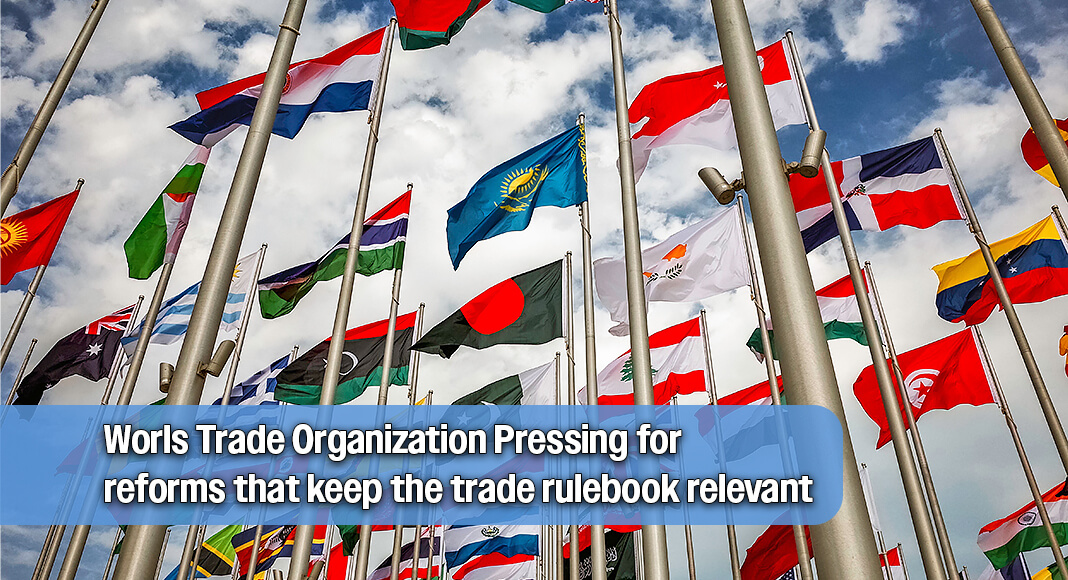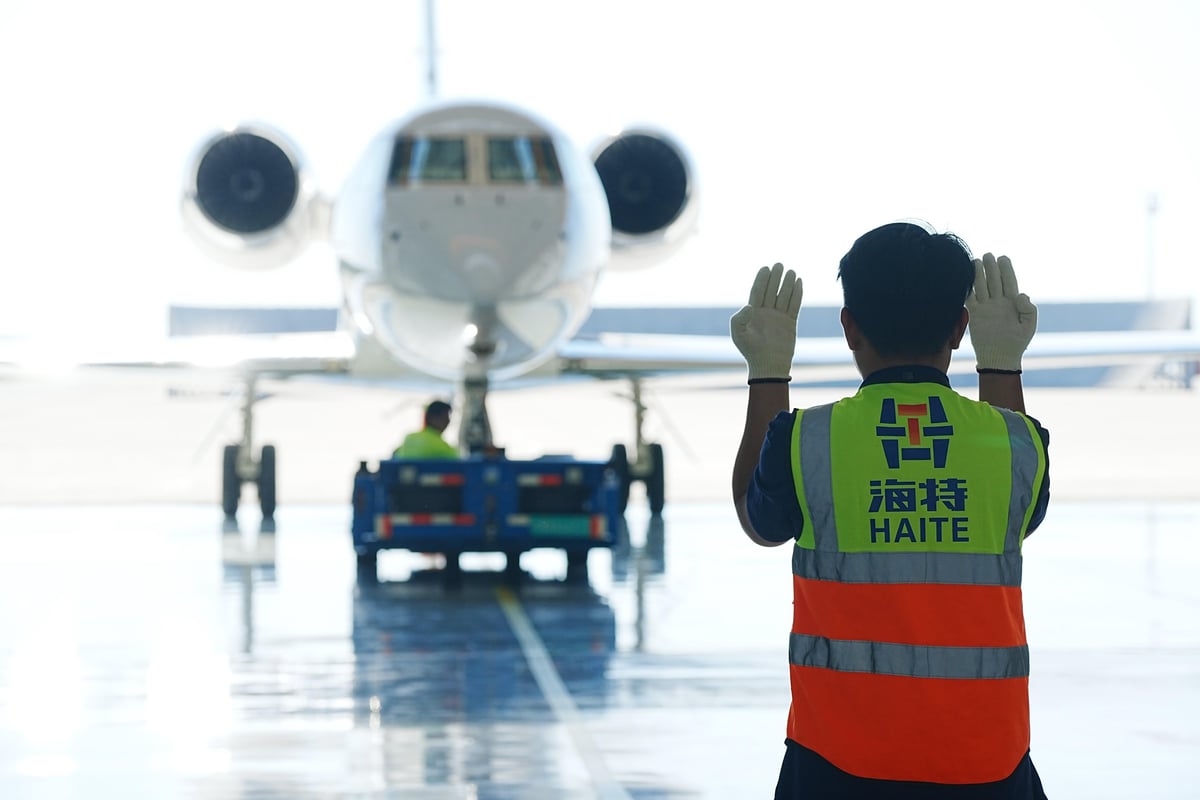Texas Border Business

By Jordan G. Heiber
Vice President, International Digital Economy Policy, U.S. Chamber of Commerce
Ambassador Joseph Barloon’s confirmation as U.S. Ambassador to the World Trade Organization (WTO) is welcome news for American businesses and workers. As a participant in September’s WTO Public Forum in Geneva, it was evident in our meetings that other governments were awaiting his arrival as a demonstration of U.S. commitment. That moment has arrived, and it’s an opportunity the U.S. mission and Barloon’s boss—U.S. Trade Representative Jamieson Greer—should seize.
The WTO Ministerial Conference (MC14) slated for next March may sound distant, but as one senior mission representative in Geneva noted, it might as well be “next week.” By design, the consensus-based WTO moves deliberately; if it is to deliver outcomes that serve Americans, the groundwork must begin now by setting priorities, building coalitions, and preparing proposals.

Two things are essential to success. First, the United States must show up—and lead. U.S. companies of every size depend on the WTO’s predictable, enforceable rules. Those rules prohibit discrimination against American businesses, bar disguised barriers to trade, and keep overseas markets much more open to U.S. exports than they were in the pre-WTO era. U.S. businesses would be much worse off without them.
Further, without U.S. leadership at the WTO, governments that do not share our goals or values would have a freer hand to shape the global trade rulebook. On market access, intellectual property, digital trade, standards for agricultural trade, and more, business needs the U.S. government to ensure those rules reflect American perspectives.
Second, the WTO must reform to stay relevant. Businesses judge institutions by whether they solve problems on credible timelines and on the merits. To restore confidence and efficiency, the MC14 agenda should prioritize the following:
Upgrade transparency and accountability.

Require timely, accurate, government subsidies and trade-related policy notifications. Empower the Secretariat to compile, cross-check, and publish user-friendly dashboards so members and stakeholders can track which governments are complying and where risks are rising.
Open the door to private sector expertise.
In fast-moving areas, especially AI and other emerging technologies, the WTO should institutionalize structured engagement with technical experts. That can include standing advisory groups, technical workshops, and regular public consultations. If there was one takeaway from the Public Forum, it was that the WTO should spend more time talking to the people who are building and using the tools driving economic growth.
Embrace open plurilateral agreements when unanimity is out of reach.
WTO members must let willing members proceed to negotiate new agreements in areas such as services and digital trade even absent consensus. Those who don’t want to join need not do so, but vetoes should not be allowed to undermine the WTO. This keeps the system moving while preserving openness and avoiding regulatory fragmentation.
Restore a credible, timely way to resolve disputes.
Businesses need the assurance that rules will be applied and problems settled within predictable and transparent timelines. A system that emphasizes reasonable speed, defined stages, and compliance follow-through—without relitigating old debates—will give companies the certainty they need.
These aren’t necessarily new concerns or solutions. The Chamber has long argued that we need the WTO to succeed; the arrival of new U.S. leadership presents an opportunity to examine its challenges with fresh eyes.
What does this mean for MC14? With the U.S. taking the lead, member countries should enhance efforts to deliver a concrete, time-bound reform plan. A credible roadmap will rally support and create accountability after ministers leave Geneva.
Additionally, it is critical that countries recommit to the WTO’s ban on duties on electronic transmissions—known as the e-commerce moratorium—which has been renewed at every ministerial since it was put in place in 1998. The Trump administration has rightfully put the moratorium forward as a top priority. Allowing tariffs on digital transmissions would tax American services exports, raise costs for small businesses, and fragment the digital economy.
This isn’t a “tech sector” issue. Ahead of the most recent ministerial in 2024, the Chamber joined more than 175 associations from around the world in affirming how the moratorium underpins the global digital economy. Software updates, design files, media, and cloud traffic underpin modern manufacturing, logistics, healthcare, and the creative industries. Keeping the moratorium in place preserves open digital channels that U.S. innovators and exporters rely on.
Important work must continue in other areas, including agriculture. The WTO’s market-opening agreements have helped U.S. agricultural exports triple over the past 30 years, providing indispensable income support for U.S. farmers and ranchers. The WTO has beaten back the most trade-distorting subsidies and eliminated export subsidies while supporting science-based sanitary and phytosanitary measures and evidence-based technical regulations. We need more of this.
An achievable yardstick for MC14 should be whether members commit to a workable reform roadmap and keep digital trade open. Achieving both will signal that the WTO can adapt to today’s economy and deliver practical value.
Finally, the United States needs to not only show up—we need to pay our dues. Washington will soon be two years in arrears. Beginning in 2026, this will risk certain privileges at the WTO and cede leadership to countries that may seek to revise the rulebook to suit their own divergent priorities.
The confirmation of Ambassador Barloon sends a positive and important signal of American political commitment. The business community stands ready to work with the administration to press for positive change at the WTO—and to make MC14 successful in producing tangible outcomes that work for American workers and businesses.
Information source: US Chamber of Commerce








